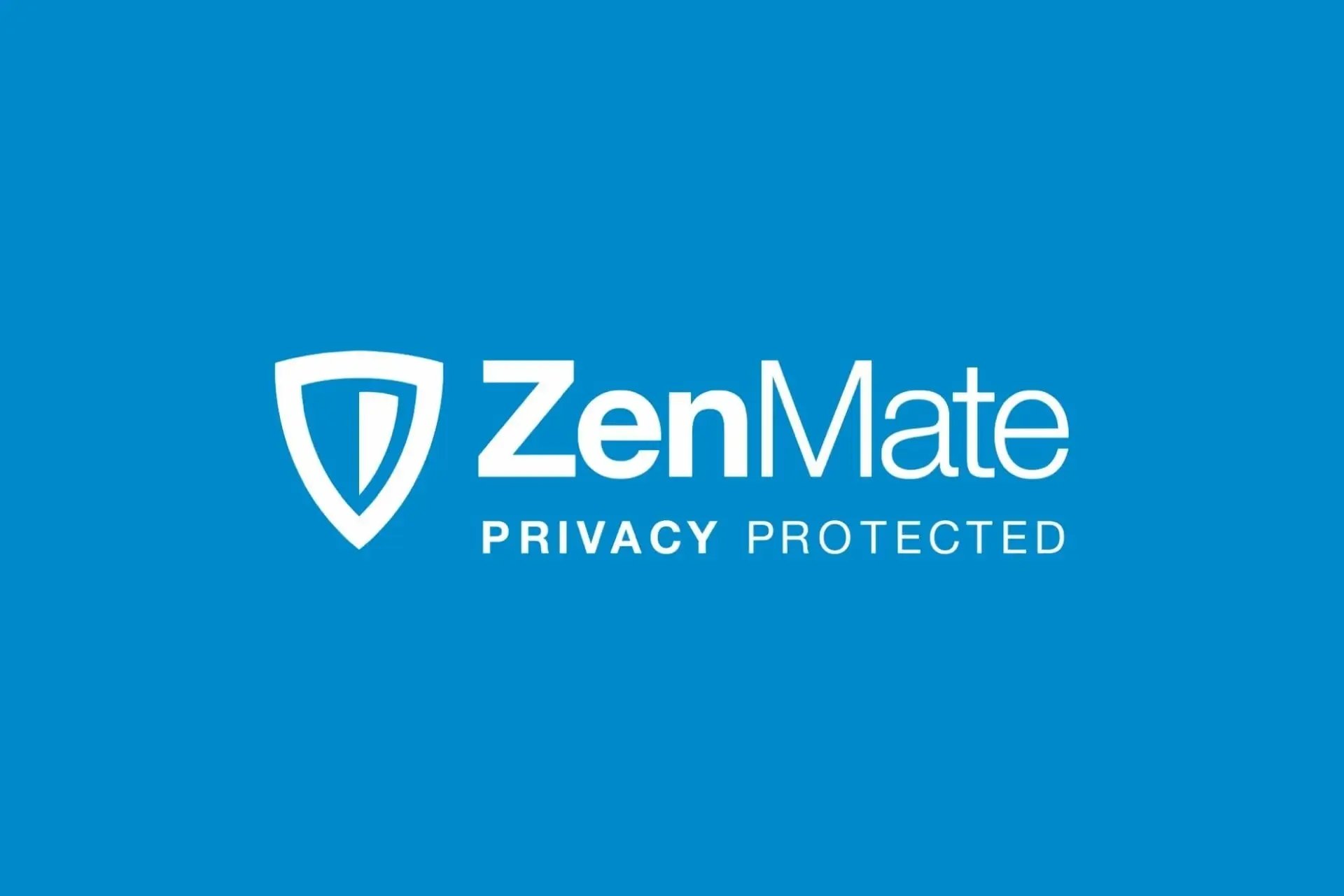In a significant move in the world of online privacy and security,ZenMate, a VPN service founded by two German entrepreneurs with a vision of making the internet a safer place for everyone, has partnered with CyberGhost VPN, another renowned VPN provider also hailing from Germany. The partnership, slated to provide ZenMate subscribers with numerous benefits including access to more server locations, higher connection speeds, and more encryption protocols, signifies a new chapter in the journey of these two brands towards enhanced user experience and service quality.
However, the transition is not without its complexities. The ZenMate apps will be supported only until May 1st, 2023, after which all ZenMate paying subscribers will need to log into a CyberGhost VPN app to access their VPN service. Nevertheless, ZenMate assures that it will continue to manage its subscribers’ paid subscriptions and handle all customer support inquiries.
The collaboration between ZenMate and CyberGhost may not come as a surprise to those familiar with the recent trends in the VPN industry, as both these entities are part of the extensive portfolio of Kape Technologies, a prominent player in today’s global VPN market with ownership of several widely used VPN services boasting around 6 million users combined.
Kape Technologies, previously known as Crossrider, has been in operation since 2011 and has been steadily shifting its focus towards cybersecurity, culminating in a series of high-profile acquisitions in recent years. CyberGhost was acquired by Crossrider, now Kape Technologies, in 2017 for $10.4 million, and a year later, ZenMate was acquired for $5.5 million. Following these acquisitions, Kape Technologies announced that both CyberGhost and ZenMate would remain two distinct business entities.

Kape Technologies’ aggressive expansion and its origins have sparked controversy. The company was initially focused on “the provision of Web browsers and advertising technology” and was associated with practices that were in direct conflict with the privacy ethos of VPN services. Crossrider, Kape’s previous incarnation, was reported by Microsoft, Trend Micro, and Malwarebytes to have been involved in practices such as browser hijacking and adware distribution.
Critics of Kape Technologies argue that these past transgressions cast a shadow over the trustworthiness of the VPN services it now owns. Attempts to separate the VPN services from their parent company by not mentioning Kape Technologies in their Terms of Use have been seen by some as efforts to hide their corporate background.
This trend of VPN providers being bought out by tech conglomerates such as Kape Technologies raises concerns about the future of online privacy. VPNs are trusted by users to protect their privacy and secure their data. When these services are owned by conglomerates with checkered pasts or conflicting business interests, it can create skepticism among users regarding how well their privacy is truly being safeguarded.
While some VPN services like Private Internet Access have remained committed to their principles even after being acquired by Kape Technologies, the opacity surrounding these acquisitions and the changes that follow them are problematic. The VPN industry, founded on the principles of transparency, privacy, and user empowerment, must ensure that these values are upheld even in the face of corporate acquisitions and market consolidation.
Guilty by association
Given the profound significance of trustworthiness in the VPN industry, it is worthwhile to consider the affiliations of those at the helm of these corporations. One such key individual is Simon Specka, co-founder of ZenMate, who is also associated with 3CC Partners and Casavo – both of which have faced a fair share of controversies.
3CC Partners, a real estate investment firm, was involved in litigation with the Securities and Exchange Commission (SEC) in 2019, facing allegations of false and misleading statements to investors. The SEC claimed that 3CC Partners had overstated asset values and concealed material risks to its investors. Despite settling the lawsuit without accepting or denying any wrongdoing, this incident marred the reputation of 3CC Partners.
Furthermore, in 2020, 3CC Partners was embroiled in another lawsuit filed by a group of investors accusing the company of fraudulent behavior and breach of contract. The disgruntled investors claimed that their funds, meant for real estate investments, had been diverted for other purposes – a charge that 3CC Partners staunchly denied.
In addition to 3CC Partners, Casavo has faced its own set of challenges. The company has been the subject of numerous complaints about high-pressure sales tactics and a lack of transparency. Furthermore, Casavo has been caught up in several legal battles, including a lawsuit by a former employee who alleged wrongful termination, and an investigation by the New York Attorney General’s office for possible violations of consumer protection laws.
One cannot help but question the implications of these controversies surrounding Simon Specka, co-founder of ZenMate. As trust and integrity are paramount in the VPN industry, the affiliations of its leaders can significantly influence consumer perception and confidence. While these are merely allegations, and both 3CC Partners and Casavo deny any wrongdoing, these controversies certainly cast a shadow on their business practices.
The integrity of VPN providers is essential as they are entrusted with the protection of users’ privacy and data. The involvement of leaders in controversies related to other business interests could lead to increased skepticism. This skepticism could impact the trust users place in their VPN services, underscoring the need for transparency and integrity in this industry.
As VPN users, it’s crucial to remain informed about the affiliations and actions of those in charge of the services that protect our privacy online. In doing so, we can make informed decisions about which services best align with our values and expectations for online privacy and security.
See also:
